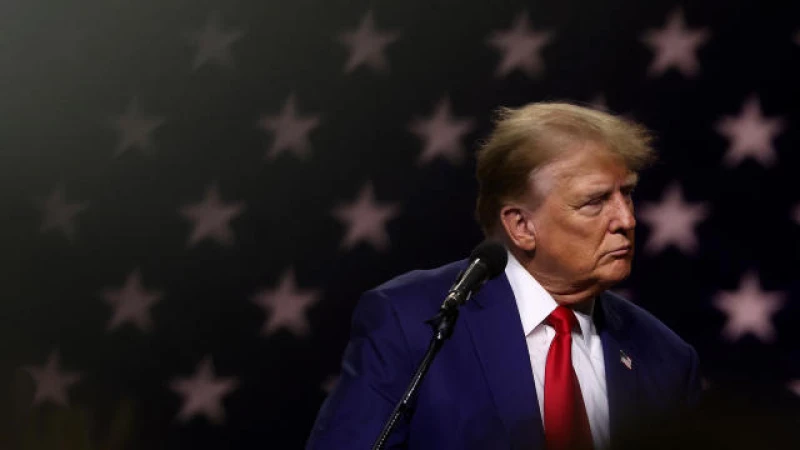Colorado Supreme Court Bans Former President Donald Trump from State's 2024 Ballot
Washington — An unprecedented ruling by the Colorado Supreme Court that bans former President Donald Trump from the state's 2024 ballot is unlikely to be the final word on the matter.
The court put its ruling on hold until Jan. 4, anticipating that Trump would appeal the decision to the U.S. Supreme Court, setting up a showdown to decide whether the Republican presidential front-runner can remain in the race just as primaries begin in early states.
What did the ruling say?
The Colorado Supreme Court ruled Tuesday that former President Trump is disqualified from holding the presidency under the Constitution's so-called insurrection clause. But the issue divided the seven justices — all of whom were appointed by Democratic governors.
"President Trump did not merely incite the insurrection," the court wrote in the 4-to-3 ruling. "Even when the siege on the Capitol was fully underway, he continued to support it by repeatedly demanding that Vice President [Mike] Pence refuse to perform his constitutional duty and by calling Senators to persuade them to stop the counting of electoral votes. These actions constituted overt, voluntary, and direct participation in the insurrection."
Court Issues Findings on Jan. 6 Riot
- The Jan. 6, 2021, riot was an insurrection
- Trump "engaged in" an insurrection
- Trump's speech "inciting the crowd" before the riot was "not protected by the First Amendment"
- Colorado law allows voters to challenge Trump's eligibility under the insurrectionist clause
- The clause can be enforced without action from Congress
- The clause applies to the presidency
Can Trump Appeal?
The Trump campaign called the decision "completely flawed" and said it will "swiftly" appeal the ruling.
"We have full confidence that the U.S. Supreme Court will quickly rule in our favor," Trump campaign spokesman Steven Cheung said in a statement.
David Becker, CBS News election law contributor, said it's not mandatory that the Supreme Court take this case, but "it's almost a 100% likelihood that they will take on this case."
What is the Insurrection Clause?
The Constitution's insurrection clause — Section 3 of the 14th Amendment — has been used to challenge Trump's eligibility for the ballot in several states.
Provision Used to Disqualify Presidential Candidate in Colorado
The provision seeks to prevent those who swore an oath to support the Constitution but "engaged in insurrection or rebellion" against the U.S. from holding state or federal office. It originally sought to keep former Confederate civil and military officeholders from serving in government and has rarely been used in modern times. The Colorado Supreme Court's decision is the first time it's been used to disqualify a presidential candidate.
Does it apply to other states?
Anti-Trump plaintiffs have brought the insurrectionist clause argument to keep Trump off the ballot to courts in several states.
The Colorado ruling does not apply to other states, though it could embolden others to take action. Colorado, which leans Democrat, is not a competitive state for Trump in the general election. However, if Trump were to be disqualified from the ballot in a swing state, it would put Republicans at a massive disadvantage.
The Colorado ruling stands in contrast with several recent legal decisions on the matter.
Last month, a Minnesota Supreme Court decision said the state party can put anyone on its primary ballot. But the court said petitioners could try again in the context of the general election.
In Michigan, the court of appeals decided just last week that it won't stop Trump from appearing on the state's 2024 Republican primary ballot. The court affirmed two lower court rulings, without determining whether the insurrection clause applied to Trump.
"Who to place on the primary ballot is determined by the political parties and the individual candidates," the appeals court said in a 3-0 opinion, citing Michigan law.







